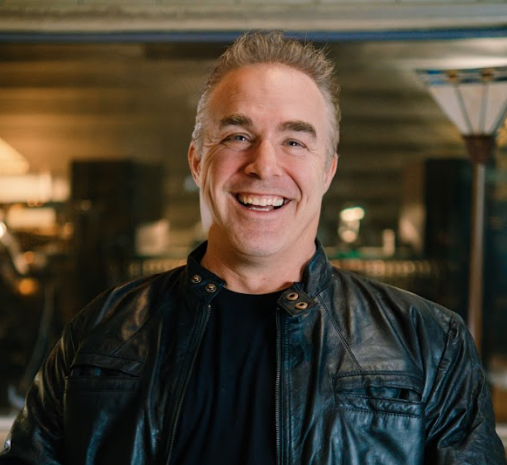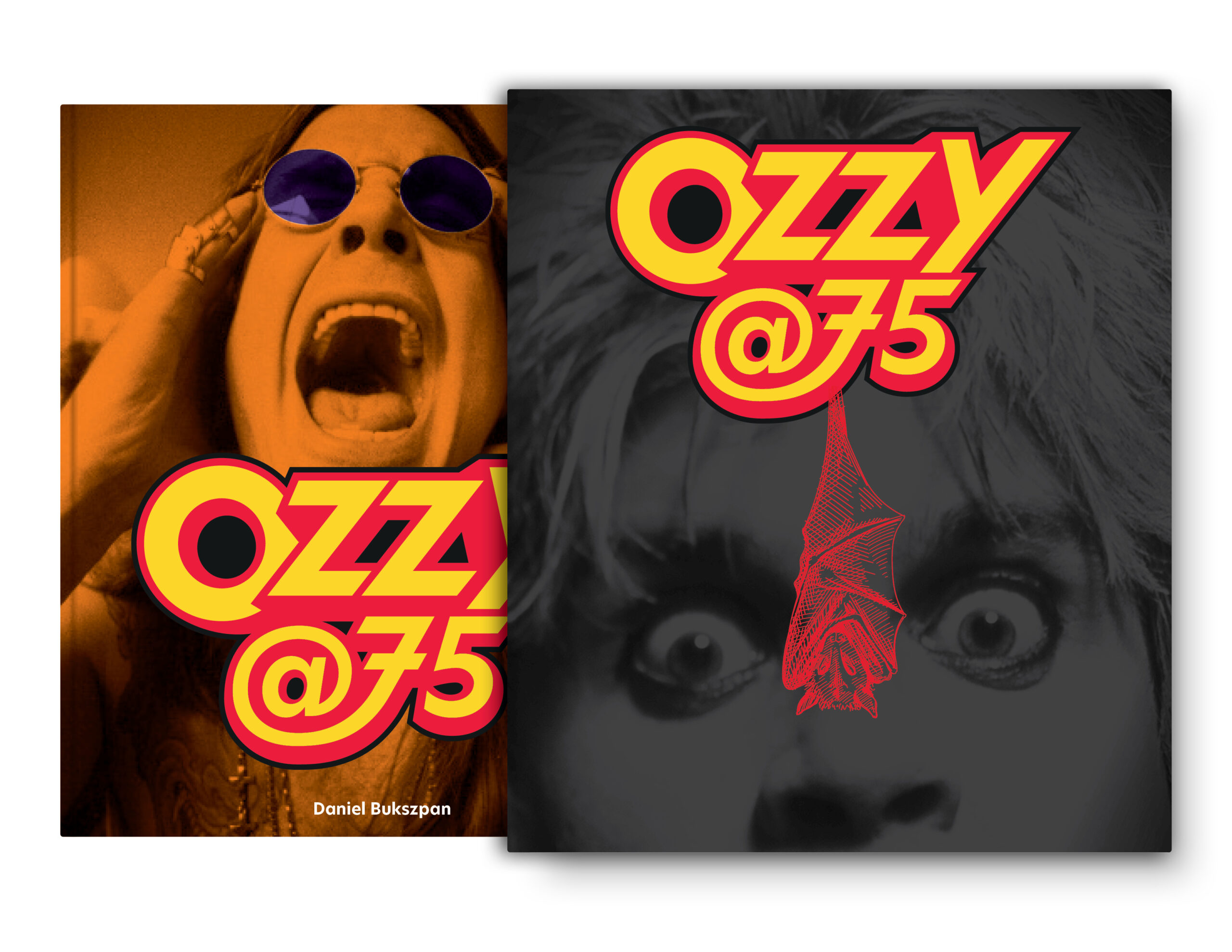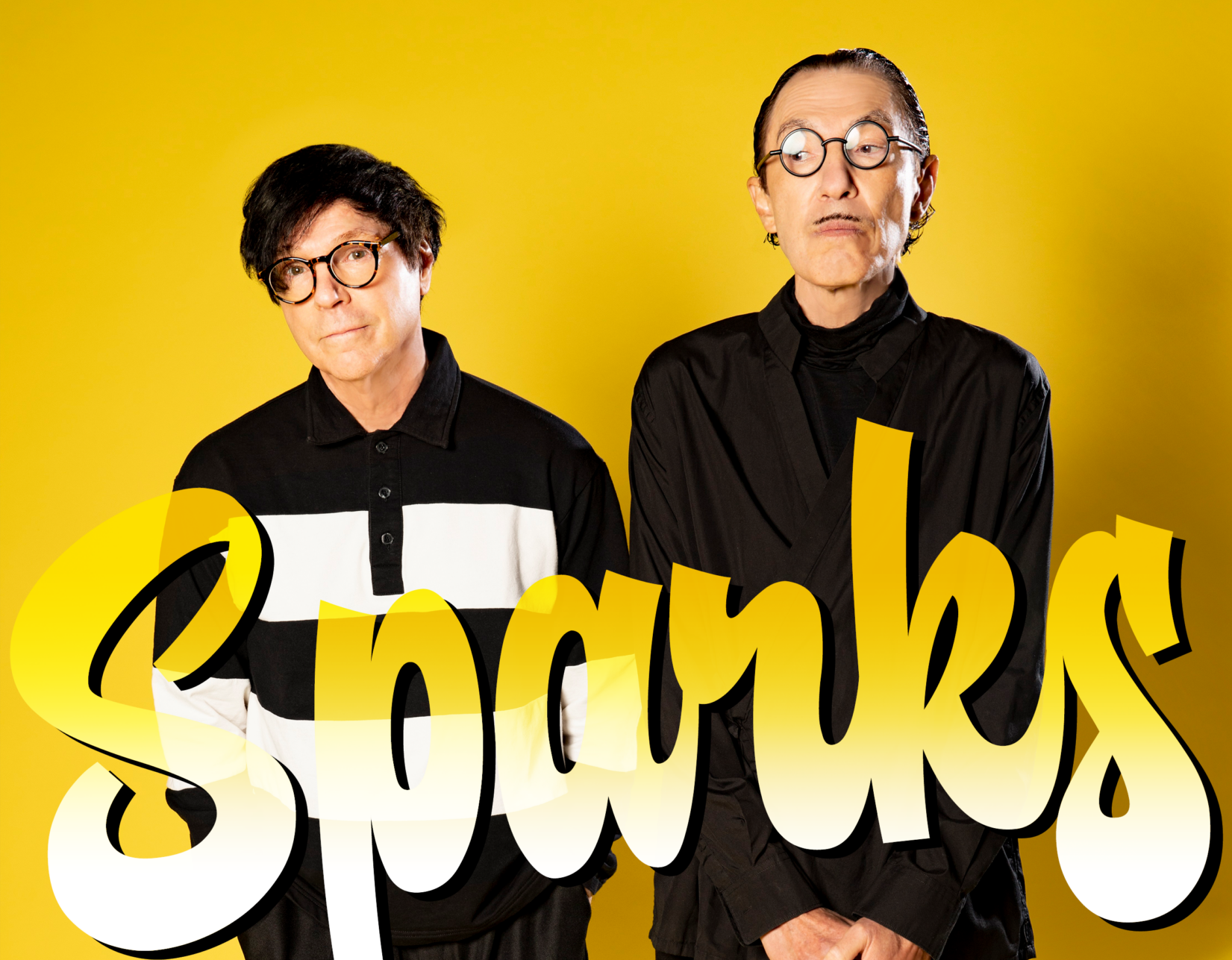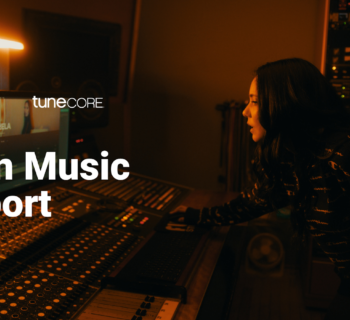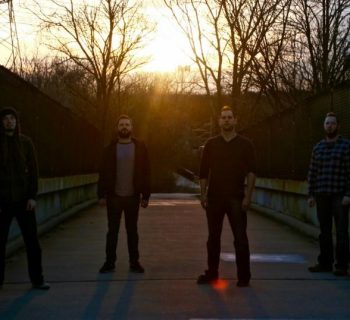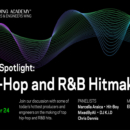Loren Israel
Crafting Connection
When speaking to producer/record executive Loren Israel about songwriting, he is clear that success boils down to a specific formula. Having spent countless hours dissecting the intricacies of every Beatles song when he first committed to pursuing a career in music, Israel began to recognize the consistent elements required to have songs land with an audience. He is now passionate about passing on the knowledge to those willing to do the work.
Born and raised in Southern California, Israel began playing in bands and touring at 15, opening for acts including Bad Religion and Soul Asylum. With one band signing recording and publishing deals, he began putting concerts together for other artists, producing and mentoring them to success. A Capitol Records A&R Executive recruited him for an internship. He was made permanent a few years later (eventually becoming Executive VP of A&R), and has since worked with Jimmy Eat World, Plain White T’s, Neon Trees, Sugarcult, Less Than Jake, and many others, and still consults for Virgin Records, Epic Records, and Warner Bros. Records.
Says Israel, “I still get excited! It’s about the enthusiasm I have when someone sends me something that moves me, changes my state, that I could sing along and shake my ass to.” Quick to state that songwriting is a craft, and that there is an element of practice that goes along with it, he adds that, “There are a certain number of concepts, themes, emotions you see in all songs because they’re familiar, they’re universal.”
Often asked to work with legacy artists, Israel says that—while riskier—he finds it much more fulfilling to work with new artists, and confesses that he learned far more from the failures of those who did not succeed (or who quit) than from those who did. He says lyric-writing presents the biggest creative challenge for artists, and he recommends immersing yourself in the lyrics of hit songs, taking note of what is done right. Israel believes the words of a song need to be honest, sincere, conversational, and disciplined. “To have a song that does well on Spotify, DSPs, radio, or in a live setting, it has to connect,” he counsels.
Israel emphasizes keeping things simple to avoid losing the listener, and says that lyrics should include poetic devices to be effective. “A song is never a solo effort,” he adds. “In order for me to share my emotions, I literally have to have you understand… What is a song if you're the only one who understands it?”
Recognizing AI as a helpful new tool for writing powerful lyrics, Israel penned guidebook, Want to Write the Best Lyrics of Your Life? OpenAI is the Secret Weapon You Need!. Admitting that AI-written lyrics are unlikely to be hits, he says that prompting ChatGPT for a story about what you are trying to express provides a new lens through which to write.
Israel also stresses the importance of finding and connecting with a mentor, but only if you are fiercely committed to working on your craft at the highest level. Still getting regular advice from his mentor, Doug Messenger (producer and Van Morrison guitarist), Israel reveals that he learned most of what he knows about music from him (as well as recording many projects at his studio).
“All of our favorite artists wrote a song that resonates, makes us run faster, makes us sad, makes us hug our loved one, makes us fly, makes us drive really fast or really slow. It changes our state because it’s not the artist’s song.” Continues Israel, ”Your audience has to feel understood. It's my story. When I listen, when I sing along, when I see my favorite band, they're singing my song. That's it—that kind of sharing is the root of it.”
Contact Mike Cubillos @ Earshot Media / mike@earshotmedia.com
Experience Loren Israel at: lorenisrael.com

